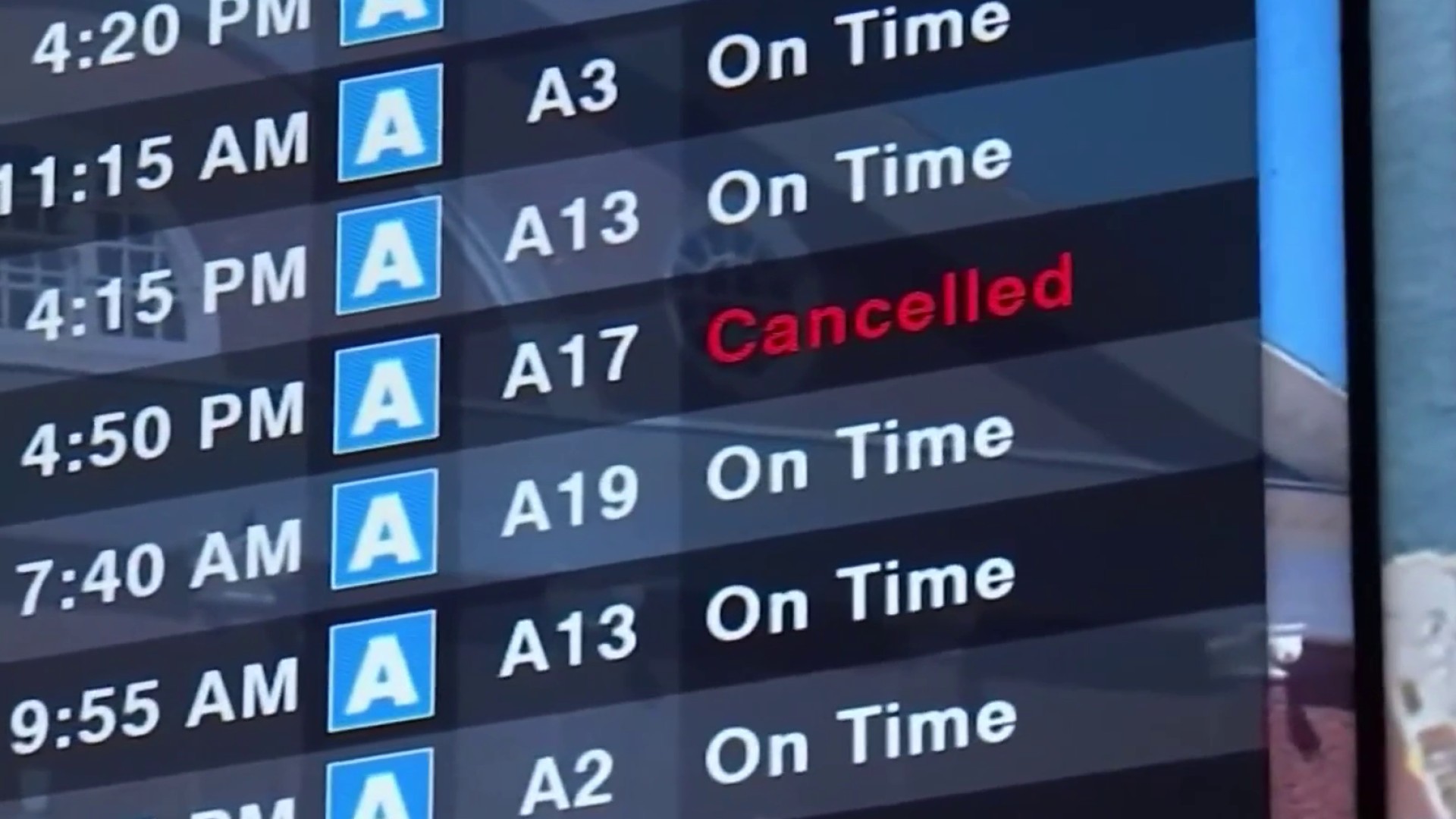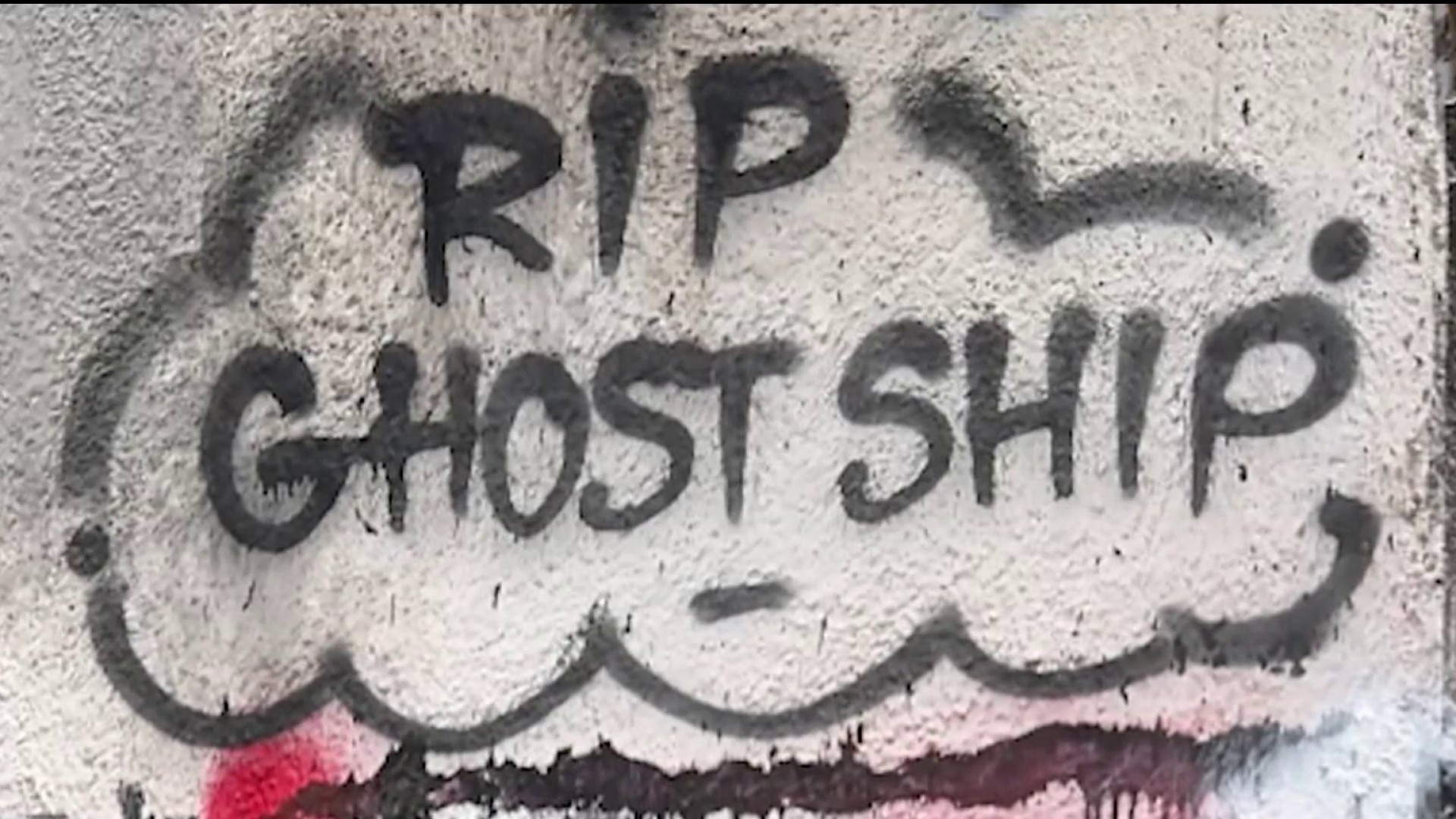Cal Berkeley scientists are participating in a first of its kind study to test kelp for contamination from radioactive ocean water from the damaged Fukushima power plant.
The study, conducted with researchers from Cal State Long Beach, is being called "Kelp Watch 2014."
Grad students from Cal State Long Beach held the first of three sample collections scheduled for this year on Thursday, which coincidences almost to the day of the three-year anniversary of the March 11, 2011, earthquake and tsunami off the Japanese coast that sent radioactive material into the ocean.
Students collected several pounds of kelp, which will be dried and ground, and eventually sent to the Bay Area for Berkeley experts to test.
CSULB Professor Dr. Steven Manley said kelp's highly absorptive nature is ideal for his research.
"It's the ability to absorb nutrients that's exploited because they also absorb the dissolved radio isotopes that will be coming this way," Manley said.
Manley said he does not not believe the contamination levels expected in the kelp will be high enough to be harmful to humans, but he couldn't say the same for the ecosystem the kelp supports.
"The levels we project we're going to see in kelp are going to be quite low," he said. "But the effects on simpler forms of wildlife we don't know. Whatever is in the kelp will get into the bodies of those animals also."
About a mile and a half off the coast was where one of Manley's graduate students jumped off the boat to start collecting the kelp.
Local
"It can serve as a warning that these materials that get released thousands of miles away can find a way across the oceans," Manley said of the kelp.
Two more sample collections trips are scheduled for July and October this year. Results from Thursday's samples are expected to be ready in May.



